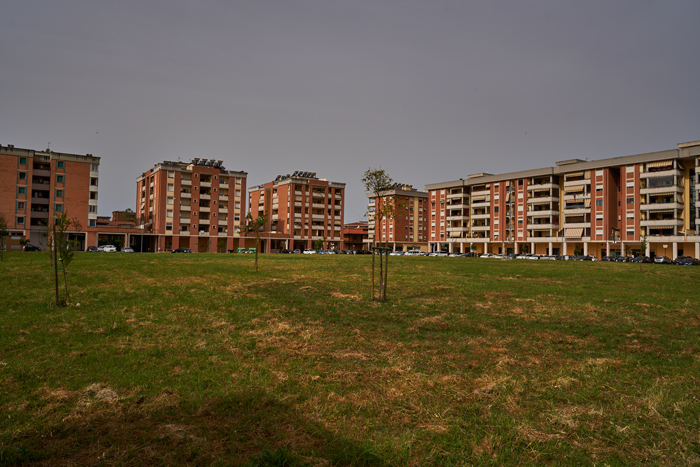
PIAZZA ILARIA ALPI-LATINA
Located in the south-eastern part of the city of Latina, Piazza Ilaria Alpi is one of the place identified by the UPPER UIA project in Latina as a demonstration site for the planting of new plant species to counteract the increase in temperature, linked to the heat island effect. Tesserae was responsible for the co-design activitiies of the project.
Latina · NBS · public space · uia

